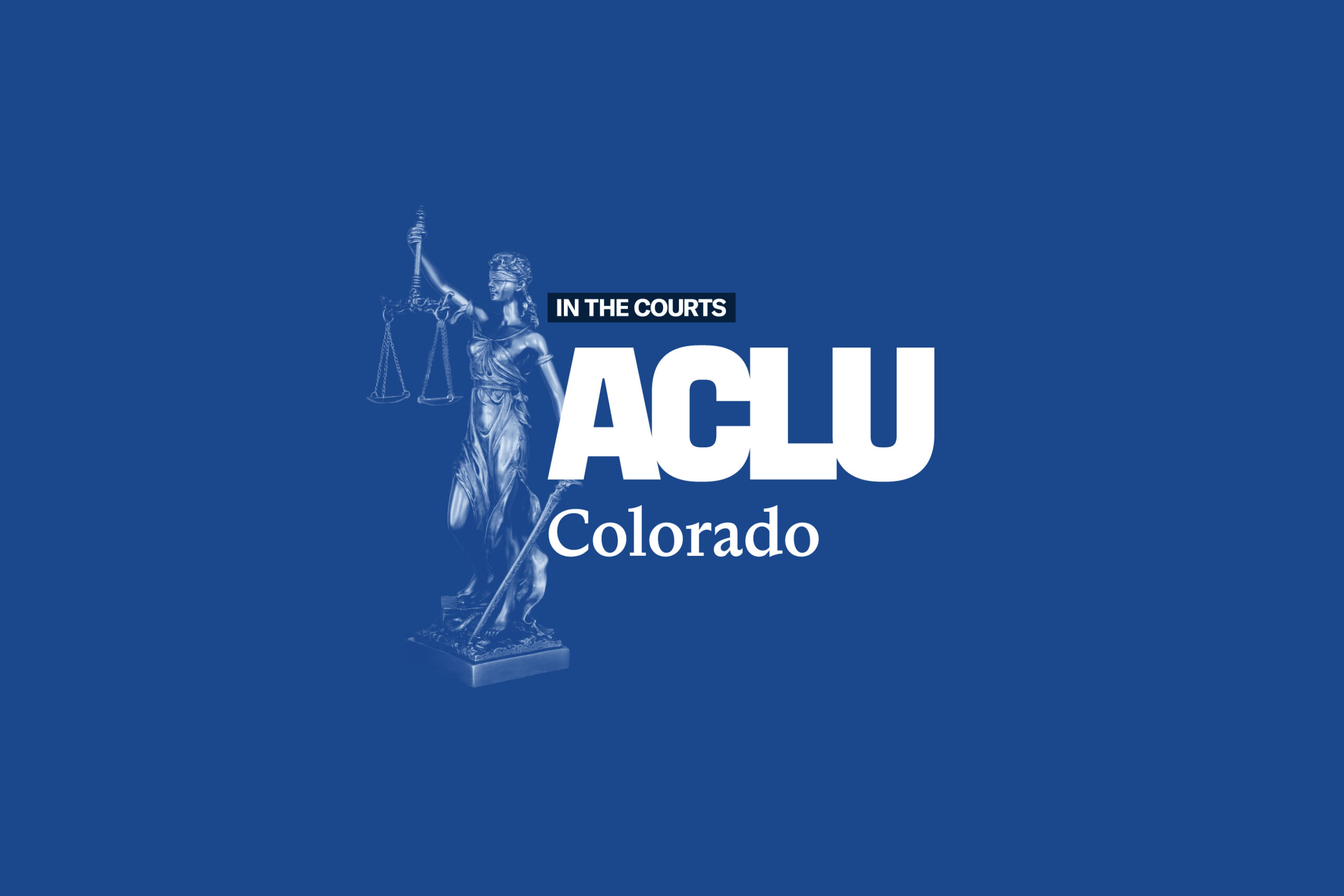Densmore v. People & Frazee v. People (Amicus)
- Filed: April 22, 2024
- Status: Lost
- Court: Colorado Supreme Court
- Latest Update: Feb 10, 2025

In two cases involving DHS workers’ interrogations of parents in jail, the Colorado Supreme Court held that the DHS workers were not acting as agents of law enforcement so Miranda warnings were not required.
When police interrogate people in custody, they generally must provide Miranda warnings: You have the right to remain silent, anything you say can be used against you in court, and you have the right to an attorney. Miranda warnings are necessary to counter the inherently coercive pressures of being detained and interrogated by law enforcement officers. When people feel trapped, traumatized, and fearful of facing criminal penalties, they might be coerced into providing whatever information their interrogator is asking for.
These types of coercive interrogations are not always conducted by traditional police officers. When parents are arrested, the Department of Human Services (DHS) may conduct child welfare investigations to determine what should happen to their children. DHS investigative officers may interview parents about their family relationships, domestic violence, substance abuse, poverty, or disability—all of which may be relevant to the reason for the parent’s arrest. In these circumstances, DHS investigative officers ask the same types of questions as police interrogators do, and DHS often collaborates and exchanges information with law enforcement. The information a parent provides to a DHS investigative officer can be used against them both to take away custody of their children and to incriminate them. In fact, if a DHS investigative officer reasonably believes abuse or neglect has occurred, Colorado law requires them to notify local law enforcement—which means that providing information to DHS is, in many cases, practically the same as providing information to law enforcement.
For these reasons, our briefs argue that DHS investigative officers act as law enforcement officers when they interrogate parents in jail. They are therefore required to provide Miranda warnings in the same way police officers are.
In Frazee v. People, the Court was poised to consider not only whether DHS officers should be treated as law enforcement officers for purposes of requiring Miranda warnings, but also whether a person is “in custody”—i.e., deserving of Miranda warnings—if they are in pretrial detention and the interrogator asks about the facts underlying their custody. Typically, if a person has been arrested, or if their freedom of movement has been restricted as if they were arrested, they are “in custody” for Miranda purposes. But the Colorado Supreme Court has previously determined that, if a person is incarcerated for one offense, and then interrogated about a separate offense, they are not “in custody” unless they are under additional restraints—beyond being in jail.
We believe the Colorado Supreme Court’s requirement of additional restraints is inconsistent with language and purpose of the Miranda case itself. But Frazee is not about the viability of that requirement. Instead, Frazee is about whether that requirement applies when a detained parent is interrogated about the same crime for which they were detained. Our brief argues that it does not, and further explains how the dire conditions of local jails in this state compel the conclusion that parents detained in such restrictive facilities and interrogated about the facts that led to their detention are in custody and deserve Miranda warnings.
Our briefs also explain how the threat of child removal makes DHS interrogations at least as coercive as other types of law enforcement interrogations, because the threat of child removal is intensely frightening and traumatizing. And a government that has historically torn apart families of color, indigent families, and families with parents with disabilities—all of whom are disproportionately incarcerated and thus will be disproportionately impacted by the Court’s rulings—must ensure that parents understand their constitutional rights when they are at risk of losing custody of their children.
Unfortunately, the Colorado Supreme Court Held that, under the "totality of the circumstances," the DHS investigative offiers who interviewed Mr. Densmore and Mr. Frazee were not acting as agents of law enforcement. The Court did not reach the question of whether Mr. Frazee was in custody for Miranda purposes.
- 02/10/2025 2025-02-10 Densmore Opinion.pdf
- 02/10/2025 2025-02-10 Frazee Opinion.pdf
- 04/22/2024 4-22-2024 Frazee ACLU Amicus Brief
- 04/22/2024 4-22-2024 Densmore ACLU Amicus Brief
Date Filed: 02/10/2025
Court: Colorado Supreme Court
Affiliate: CO
Download documentDate Filed: 02/10/2025
Court: Colorado Supreme Court
Affiliate: CO
Download documentDate Filed: 04/22/2024
Court: Colorado Supreme Court
Affiliate: CO
Download documentDate Filed: 04/22/2024
Court: Colorado Supreme Court
Affiliate: CO
Download documentLearn More About the Issues in This Case
Stay Informed
Sign up to be the first to hear about how to take action.
By completing this form, I agree to receive occasional emails per the terms of the ACLU’s privacy statement.
By completing this form, I agree to receive occasional emails per the terms of the ACLU’s privacy statement.
